With a relatively short body, small tail and long legs, the Canada lynx is one of the most adorable fluffs. They may look like a cousin of your housecat, but make no mistake — these boreal predators are pretty wild. The Canada lynx lives in forested areas and like making their dens underneath fallen trees, tree stumps, rock ledges or thick bushes. They are territorial animals, and males usually live alone.
Image credits: focused_on_canada
Image credits: Les Piccolo
Image credits: Unknown
Having big eyes and advanced hearing, the Canada lynx excels at night hunting. However, since they can’t run very fast, these creatures have to make up for it with sneaky tactics when it comes to catching prey. A common one is finding a hiding spot and waiting for prey to come near them. Then they pounce. Sometimes they sit still for hours just to catch a bite.
Image credits: kathleenreeder
Image credits: thelynxproject
Tracy Munson (@focused_on_canada) is one of the photographers who had the chance to capture the Canada Lynx. “I haven’t been fortunate enough to encounter a lynx in the wild yet,” she told Bored Panda. “The lynx in my photo was a permanent resident of a Wildlife Rehab Centre in Ontario. Unfortunately, somebody had gotten her as a kitten and had her declawed, so she would never be able to return to the wild. Photographing her was pretty much like photographing a really large and angry housecat.”
Image credits: kayleehewett
Image credits: Unknown
Munson, who is a winner of the title Photographic Artist of the Year from the Professional Photographers of Canada Atlantic Region, shared a few insights into how one should approach these majestic creatures. “In the wild, lynx are quite shy and secretive, so you would be very lucky to see one,” the photographer explained. “If you did encounter one, you’d want to keep your distance and use a long telephoto lens. As with all wildlife, try to move as little as possible and be very quiet. I would expect to find lynx in heavily wooded areas where they have lots of places to hide. Winter tends to be a better time to see them, when there are no leaves on the trees and they have less cover.”
Image credits: alaska_daily
Image credits: outdoor.planet
Image credits: canadianshieldphotography
Image credits: bigcatswildlife
Image credits: sjcowie1991
Image credits: hamoomoo_
Image credits: hali_sowle
Image credits: bigrunwolfranch
Image credits: shutter_cats
Image credits: kevinpepperphotography
Image credits: Eric Kilby
Image credits: Unknown
Image credits: thelynxproject

 Dark Mode
Dark Mode 

 No fees, cancel anytime
No fees, cancel anytime 






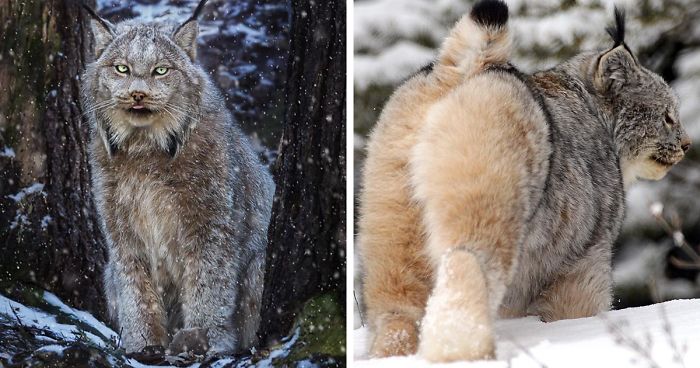


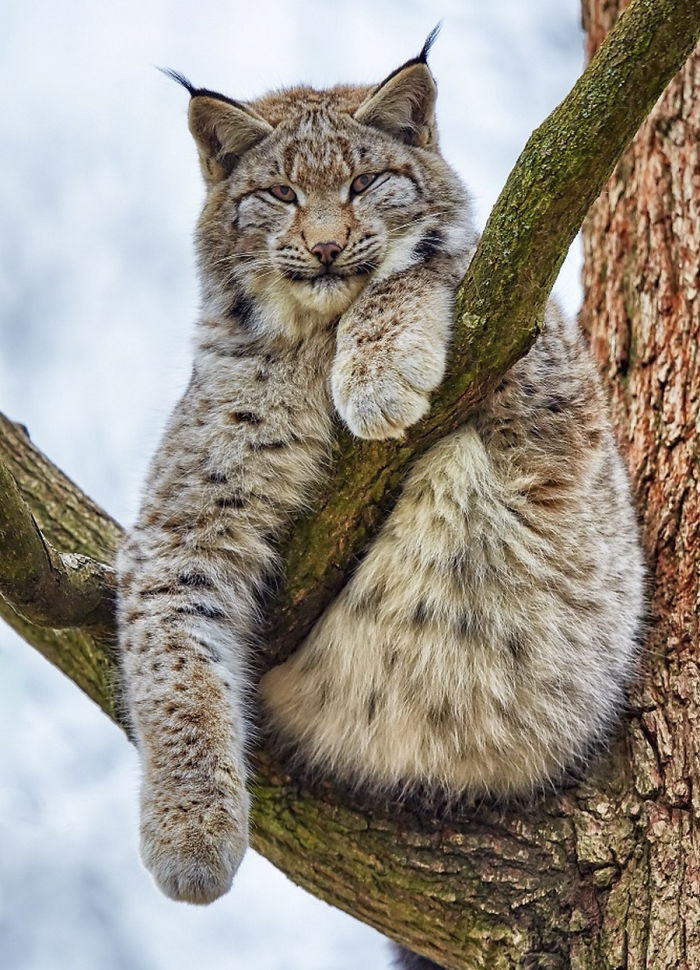
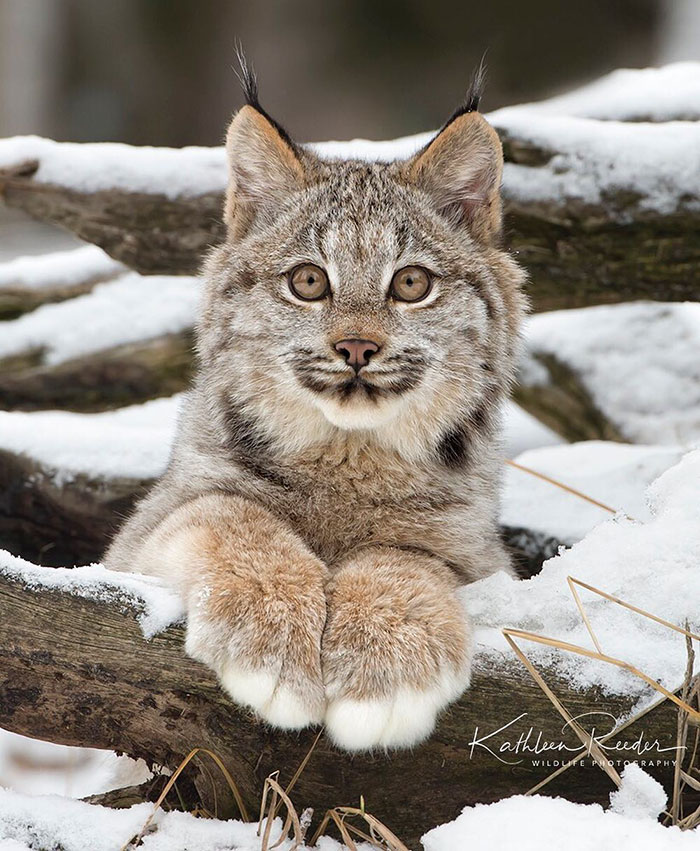
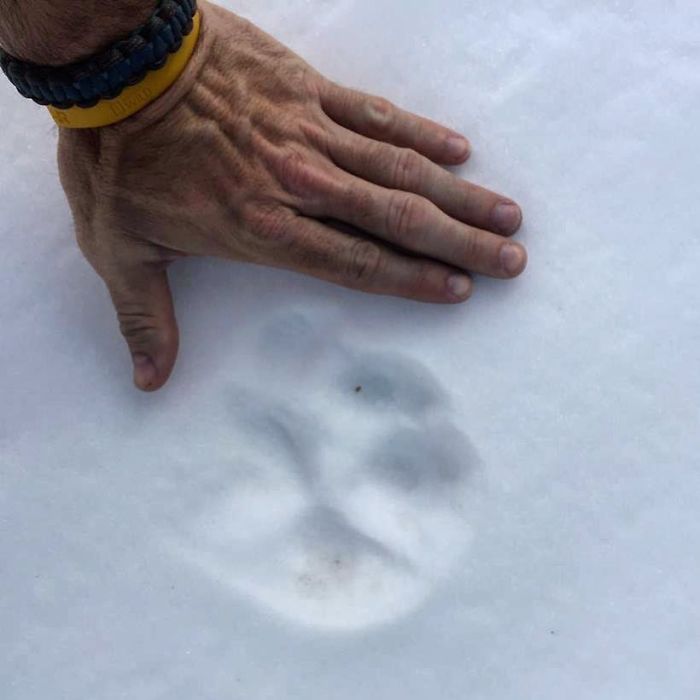
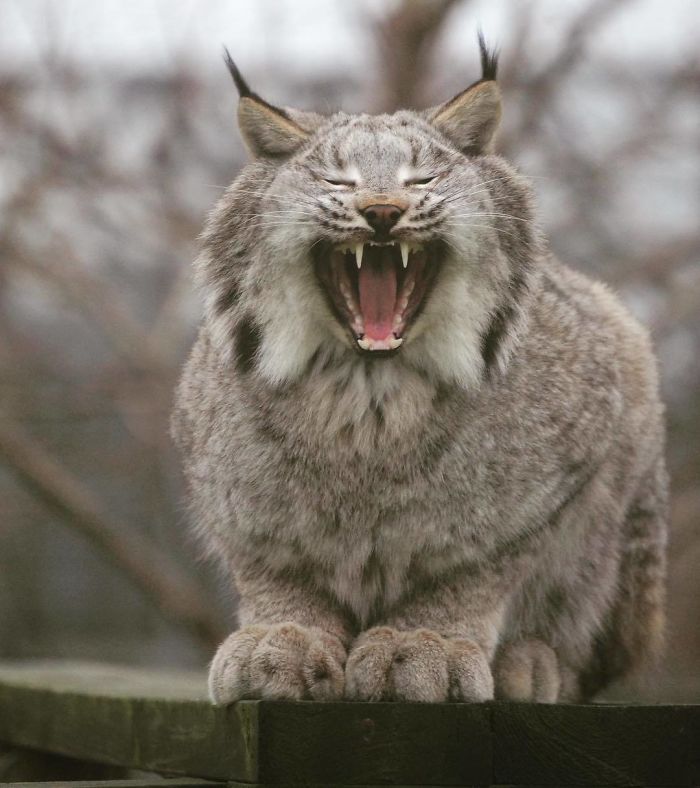
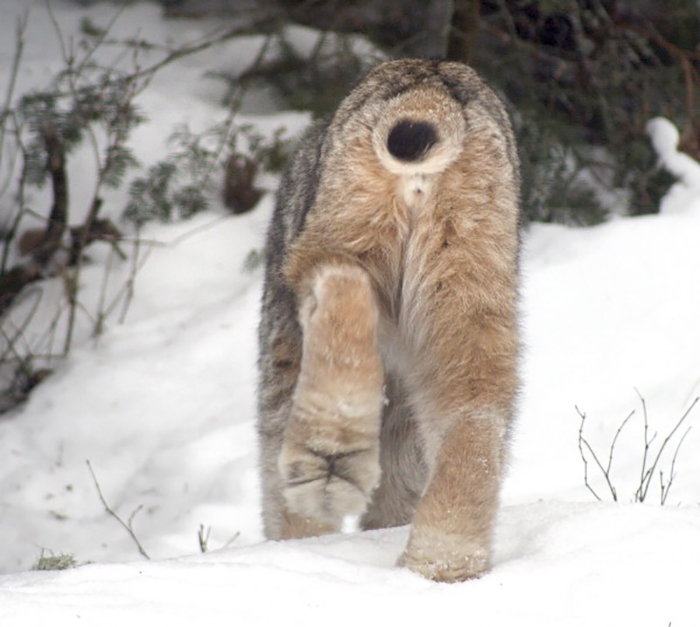
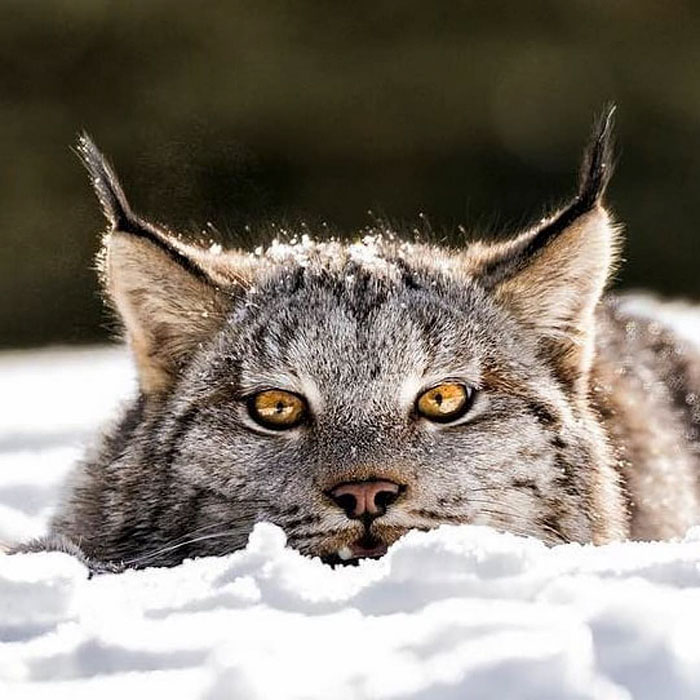
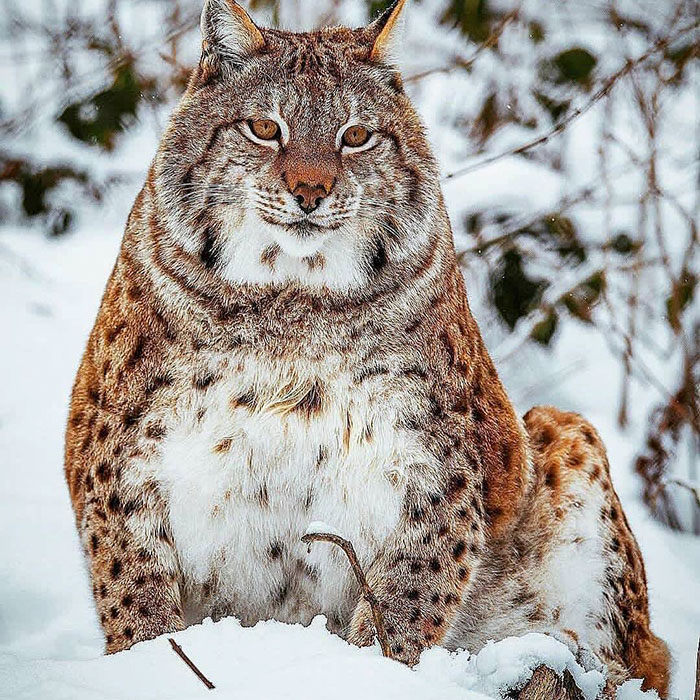
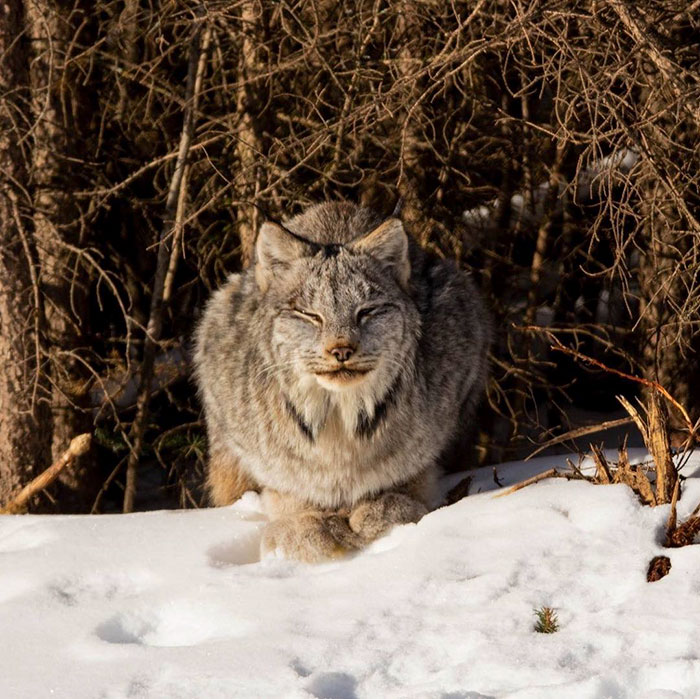
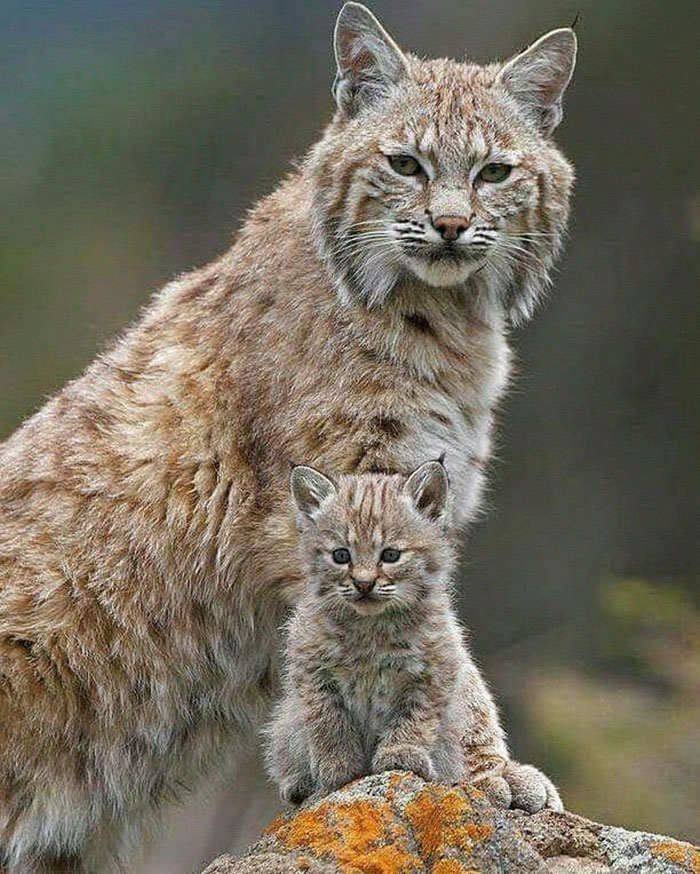
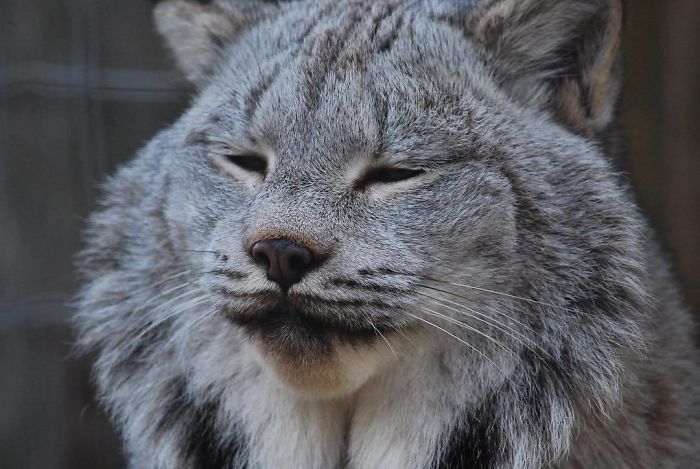
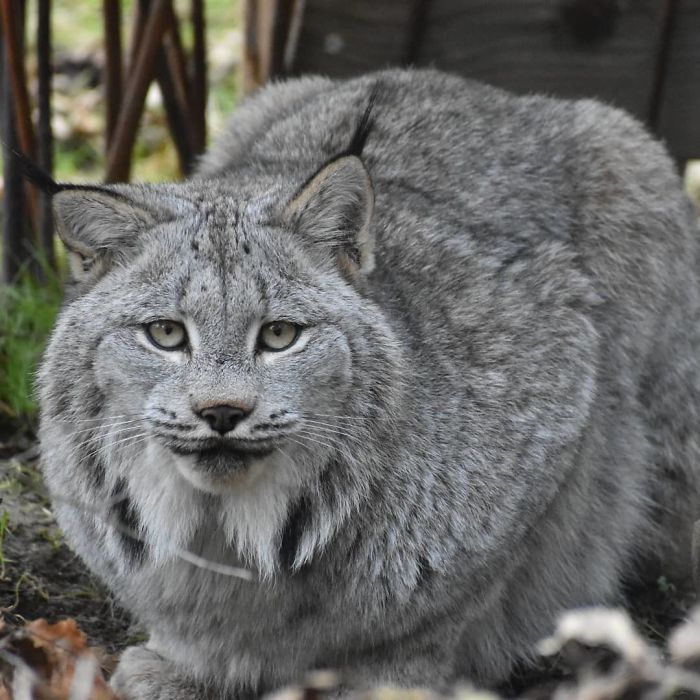
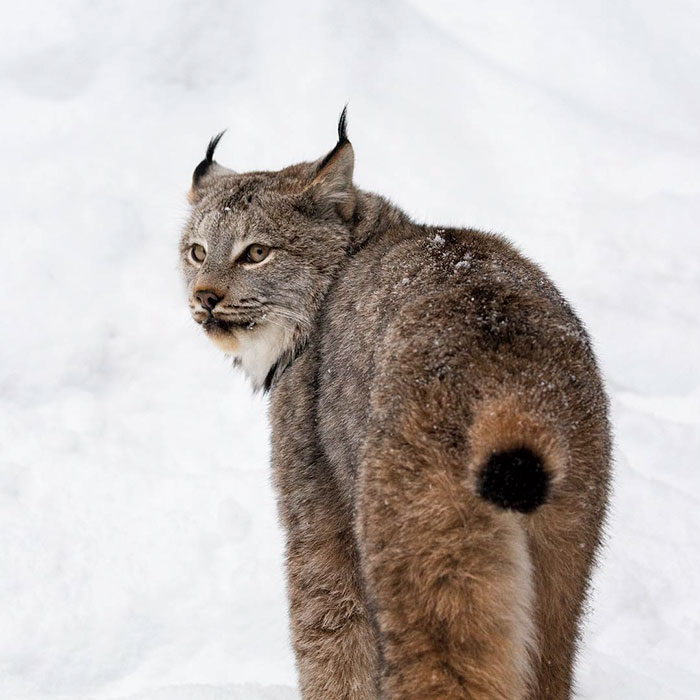
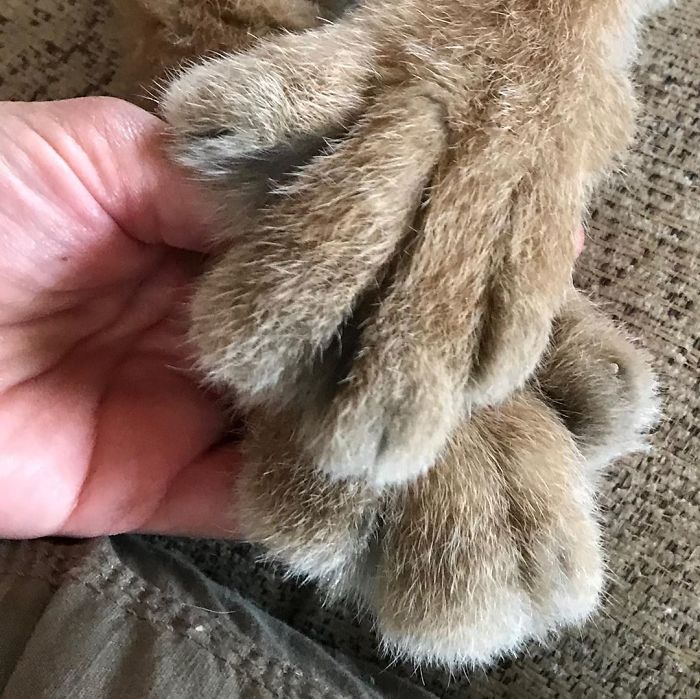
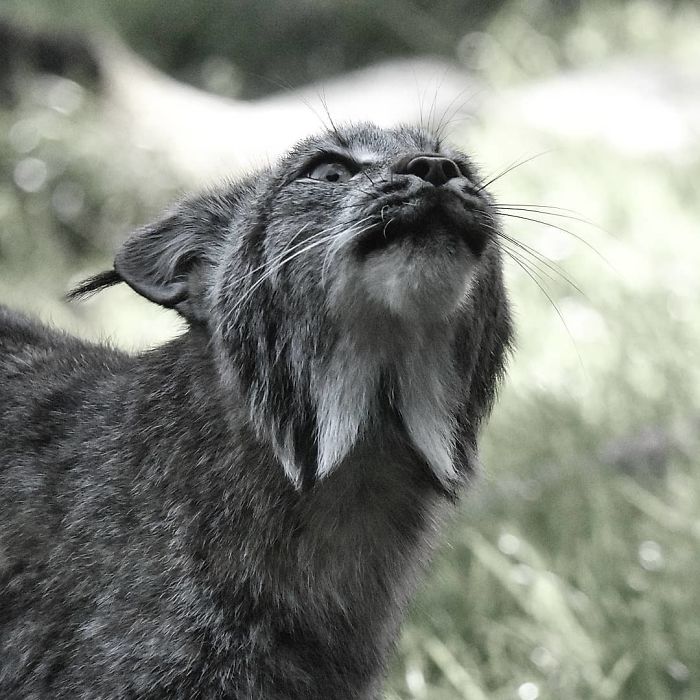
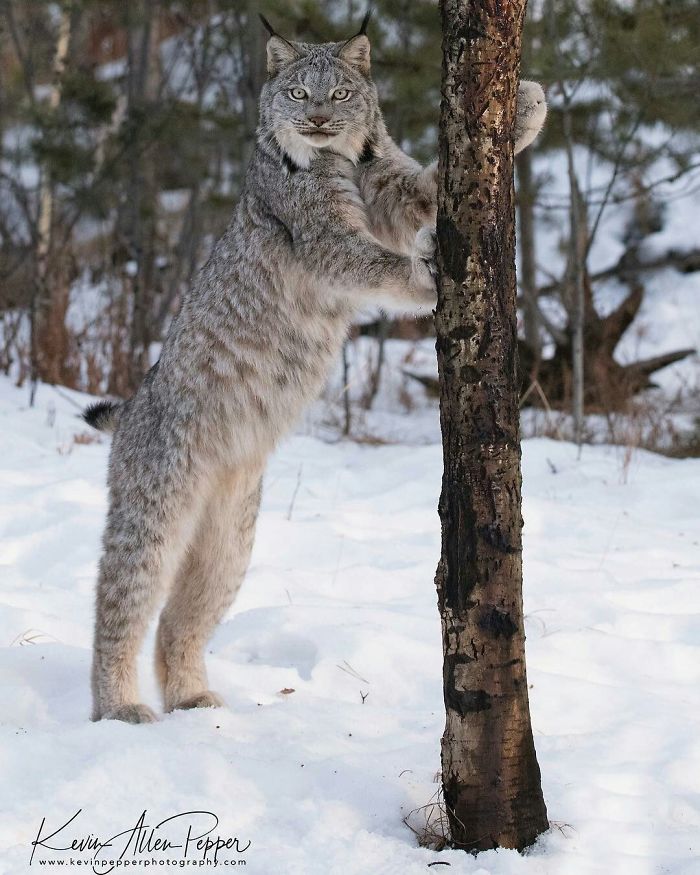
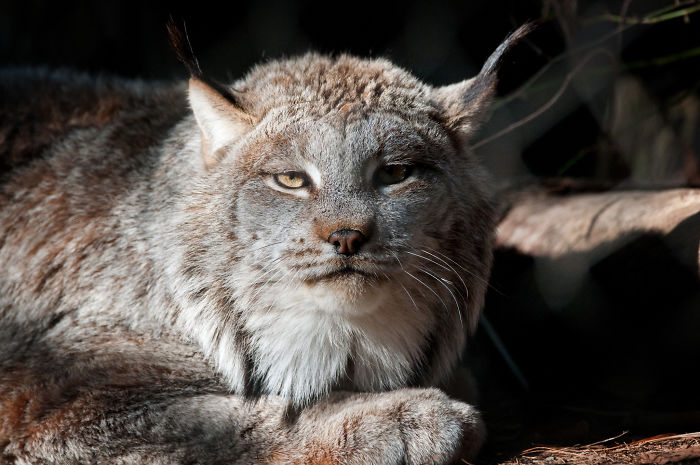

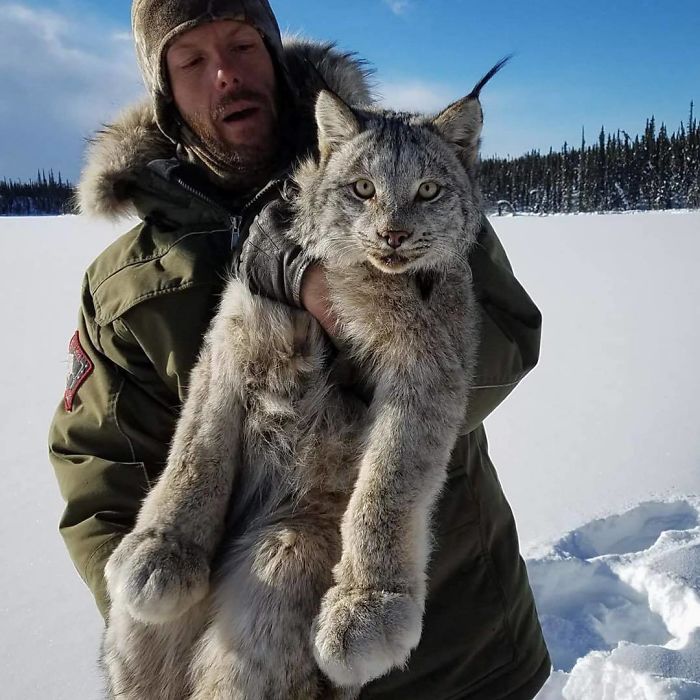




















































129
28